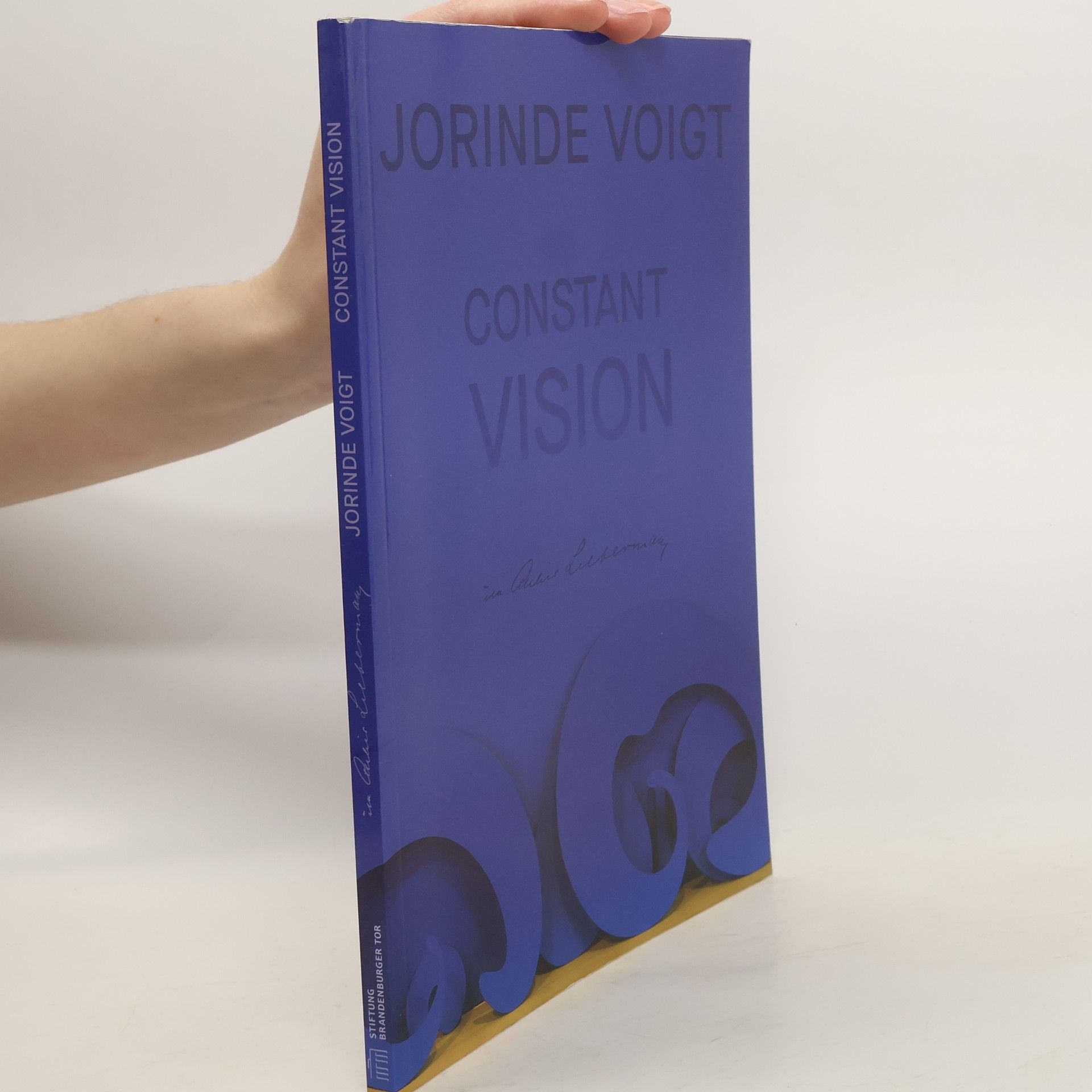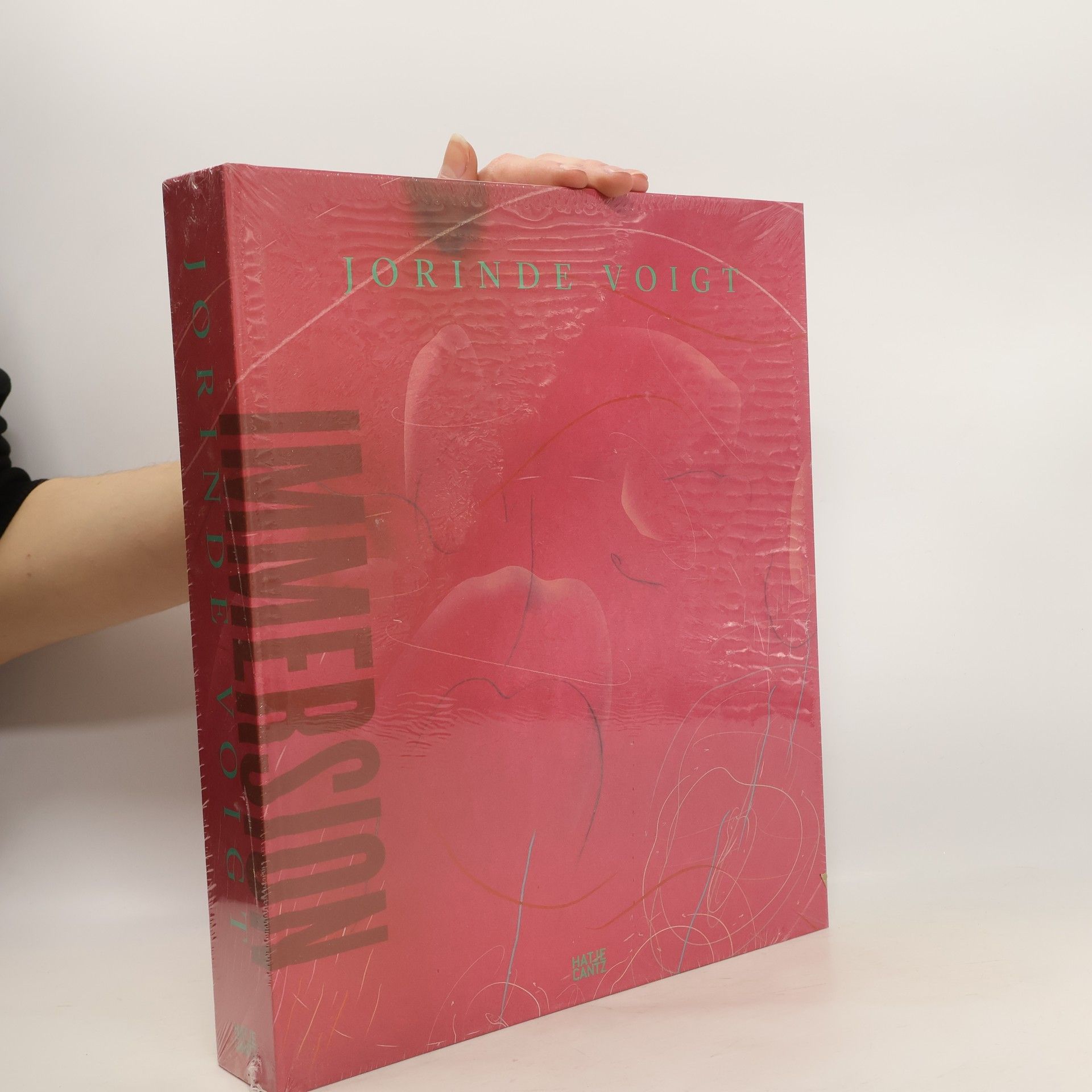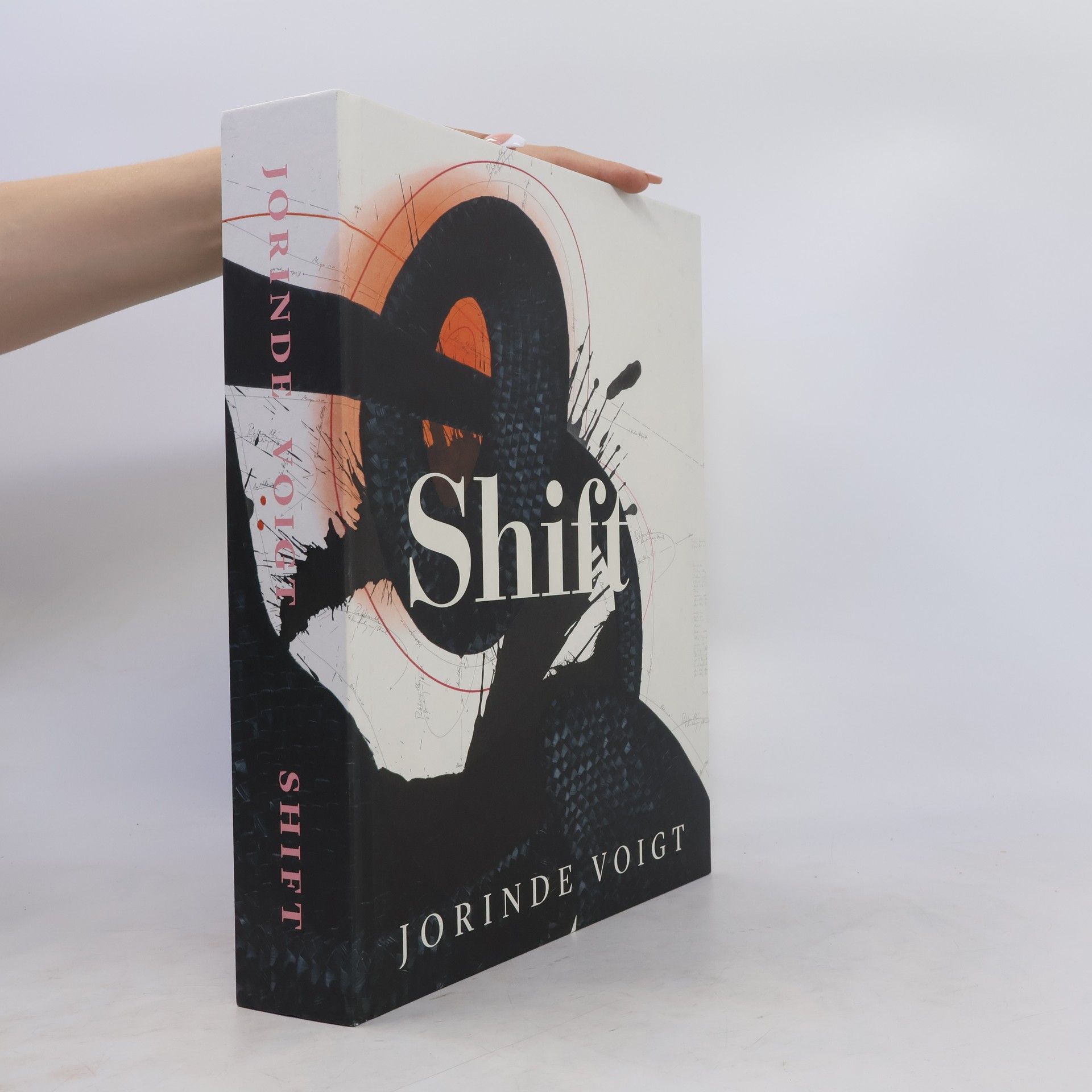Jorinde Voigt Book order (chronological)




Jorinde Voigt - Trust
- 416 pages
- 15 hours of reading
Jorinde Voigt's book "Trust" explores themes of desire and decision, showcasing works created between May 2019 and Spring 2021. The collection emphasizes trust, connection, reliability, and integrity, featuring her renowned paper works alongside sculptures and mobiles, continuing the exploration from her previous publication, "Immersion."
Immersion
- 264 pages
- 10 hours of reading
In ihrem neuen Werkzyklus Immersion setzt sich die Künstlerin Jorinde Voigt (*1977, Frankfurt am Main) wieder mit dem Unsichtbaren auseinander: Wie nehmen wir etwas wahr? Immersion, die Erfahrung der vollständigen Absorption, findet in Voigts Arbeiten einen performativen Ausdruck. Jedes Werk geht aus einer Abfolge von Handlungen hervor, die mit dem formatfüllenden Eintauchen des Papiers in Farbe beginnt. Im Zentrum jeder Komposition schwebt die Figur des Torus, einer archaischen, topografisch-mathematischen Form, die Voigt als Modell für Wahrnehmung begreift; hinzu kommen Notationen. Der Zyklus umfasst verschiedene Formate, Techniken und Materialien, darunter Tinte, Bleistift, Pastell, Gold, Kupfer und Aluminium. Die Publikation stellt den 2018 entstandenen Zyklus in zahlreichen Bildtafeln vor und gibt dokumentarische Einsichten in den künstlerischen Entstehungsprozess. AUSSTELLUNG Horst-Janssen-Museum, Oldenburg 31.8. – 3.11.2019
Shift
- 544 pages
- 20 hours of reading
Jorinde Voigt hat für ihre Zeichnungen ein vielschichtiges Vokabular aus Linien, Diagrammen, Zeichen und handschriftlichen Notizen entwickelt, mit dem sich abstrakte Phänomene wie Raum, Zeit, Erdrotation oder Geschwindigkeit darstellen lassen und mit denen sie eine Parallelwelt mit ganz eigenen Regeln und Realitäten erzeugt. Ihre Arbeiten zeichnen sich durch eine vielfältige Materialität aus, in der neben den klassischen Mitteln der Zeichnung wie Bleistift, Graphit, Tusche oder Pastellkreide auch Vogelfedern, Kupfer oder Blattgold zum Einsatz kommen. So auch in ihrem Langzeitprojekt „Song of the Earth“, einem auf acht Kompositionen angelegten, monumentalen Zeichnungszyklus, der von Gustav Mahlers sinfonischem Liederzyklus „Das Lied von der Erde“ (1908-09) inspiriert ist und gattungsübergreifend bildende Kunst und Musik, visuelle und akustische Erfahrungen, verbindet. Mit Spielanweisungen und Zeitnotationen versehen, dienen diese Zeichnungen auch als Partituren für die Aufführung durch zeitgenössische Musikensembles.